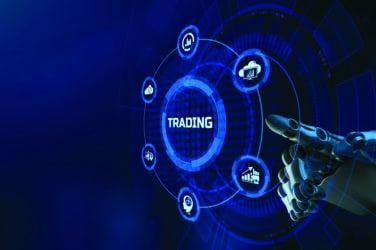Foreign investors and automated traders are bringing more liquidity and resources to bear on the once bucolic US municipal bond and changing its nature, according to a panel discussion during a conference hosted by Voltaire Advisors.
“We started noticing, as well as speaking with people on The Street, there definitely has been an inflow of international investors, especially in the taxable,” said Varun Pawar, global head of Evaluated Pricing at Bloomberg. “These investors are chasing yields and looking at the U.S. municipal market as a possible investment opportunity.”
The market data vendor estimates that the size of the taxable municipal bond market approximate is $500 billion, or one-sixth the size of the $3 trillion tax-free municipal bond market.
Bloomberg clients also are seeing a lot of trades coming in that are significantly different from trades that came in the previous day, he noted. “Contrast that with the premium space where an international investor could put on a certain trade, impacting the price, and there are local investors who don’t understand the reasoning of international investors.”
Automated traders, referred to as auto-bidders, also have been making their presence known.
“As the number of auto-bidders has grown over the last few years, it has made for a more competitive bids-wanted marketplace,” said Tom Meder, business development at TMC.
Some auto-bidders, depending on the size of their orders, can make from a half point to 1.5 points, bidding and re-offering to the markets, observed a panelist.
Auto-bidders differ from the automated traders in the equities, rates, and derivatives markets in that they are active during any given day.
They tend to pick their spots looking for volatility and market dislocation, according to TMC’s Meder.
However, the auto-bidders have not developed the same reputation as their counterparts since their trading is not entirely automated.
“There is a perception that auto-bidding means that no one is looking at those prices before they respond to the RFQ,” said John Cahalane, a managing director at Tradeweb Direct. “However, most firms who respond electronically have created algorithms that suggest prices, but they still have real and experienced traders looking at the prices that their algo platforms are creating prior to them responding.”
He and Meder agreed that the auto-bidders are beneficial to the muni market in terms of increasing liquidity and shrinking order sizes.
More on Bonds:
- Credit Traders: Pre-Trade Transparency, Please
- Enyx Announces Expanded Connectivity to Broker Tec
- U.S. Corporate And Municipal Debt Issuance Poised to Climb, CUSIP Data Shows






